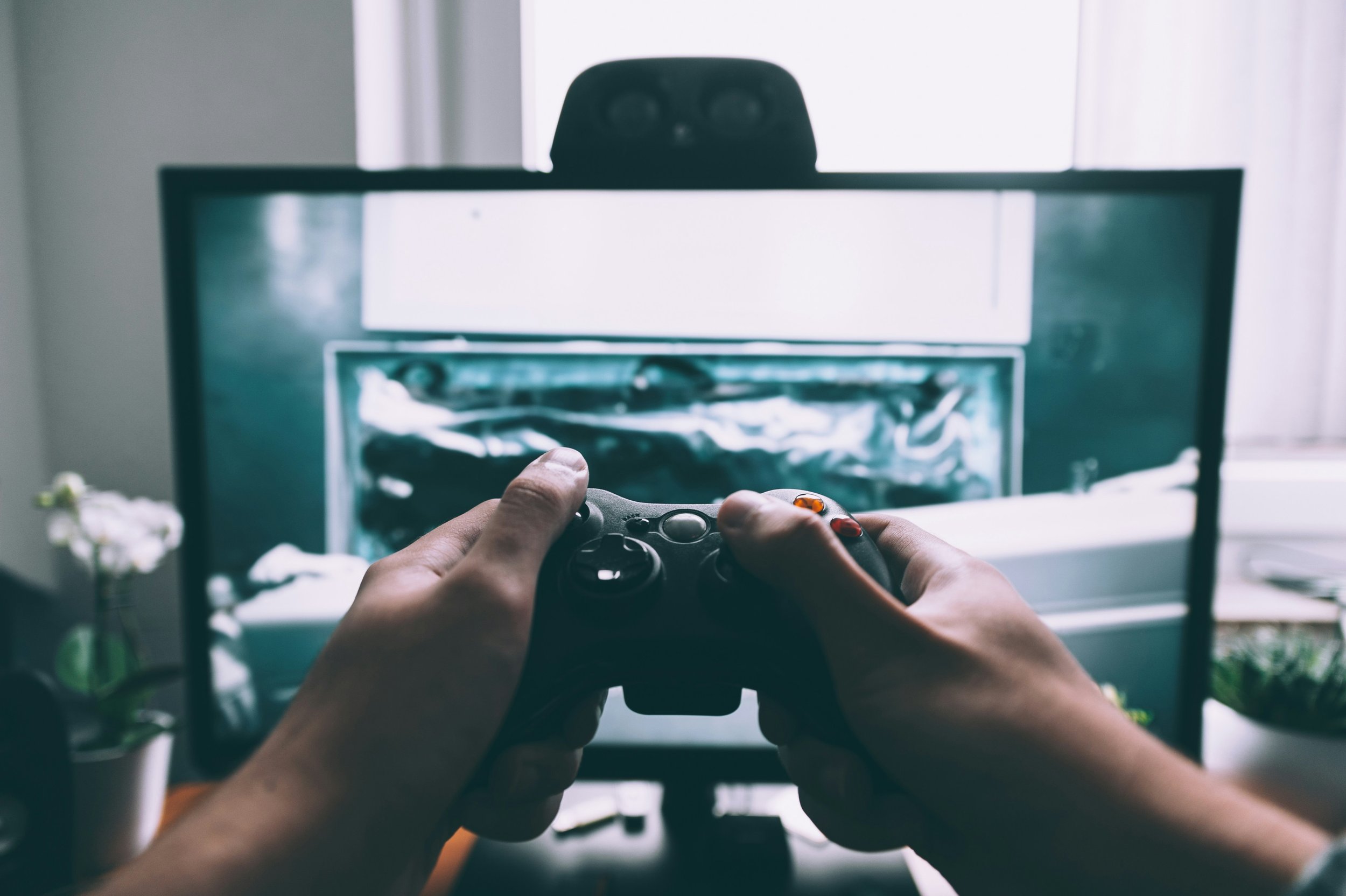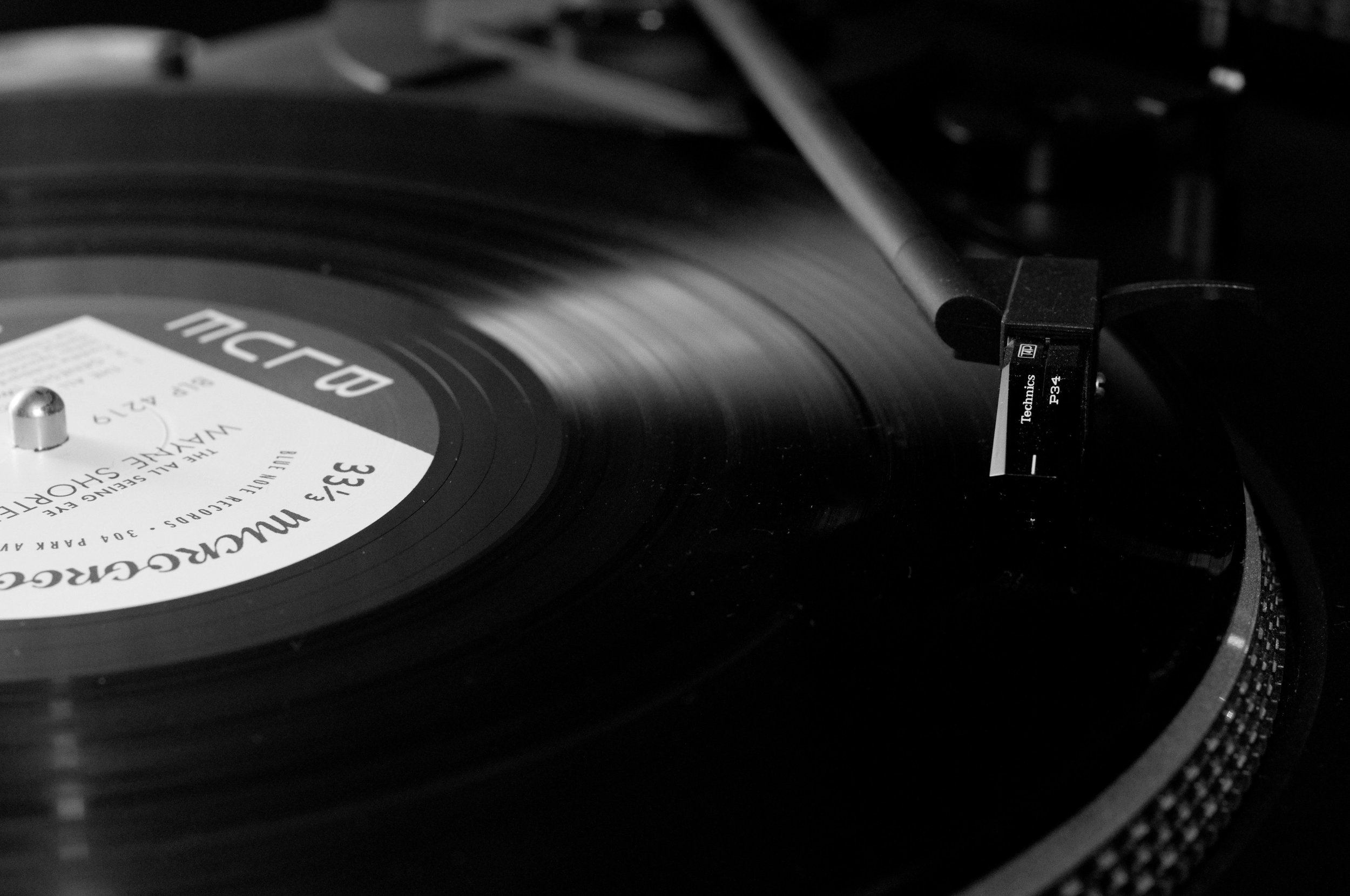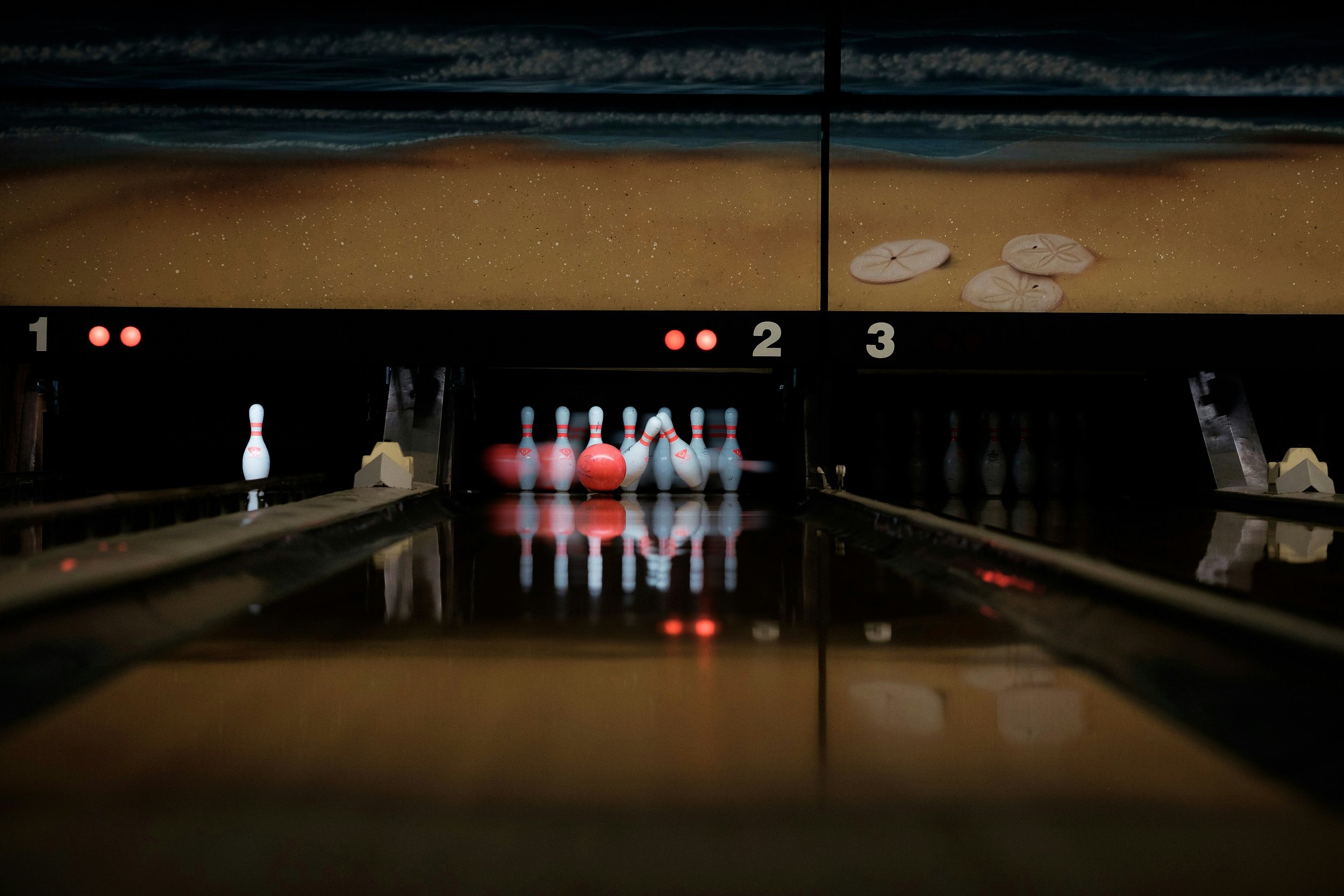Photo by Gabriel Santiago on Unsplash
The girl is waiting on the median for the light to change and the traffic to come to a halt. When it does, she steps down onto the street and walks in between the stopped cars, slowly passing each one, a cardboard sign held chest-high. Her eyeglasses reflect the harsh glare of the headlights and look like two white squares sitting on her face. She is probably fifteen or sixteen. Her hair is clean, pulled back neatly in a ponytail; her backpack is new, as are her boots—hardly a scuff or a stain. My emotions are mixed. I feel sorry for her, life out here is hard beyond belief, but I’m also relieved, in a “big sigh” sort of way. No doubt, like the rest of us, she has some sad stories to tell. No, not sad. Fucking heartbreaking.
I’m watching her from a bench on the Walnut Street Bridge. Matthew, my younger brother, met me here and has gone to 30th Street Station to get us something to eat. I could see he was shocked and surprised by how I looked, even though he did his best to hide it behind a hello and hug. Last time he saw me, I was dressed all fine and nice, not heavy pants, camo jacket, and wool cap, like I’m going into combat. I agreed to come because the lady who set this up said he has something important to tell me. I can’t imagine what it could be, or why he went to all the trouble to find me. It’s been three years. I wonder if he saw the difference in my eyes as well. Back home he would have seen red-hot hurt burning, now they are blue and cold, like steel.
I had a rough time at the beginning. I slit my hand open on broken glass, got chased by dogs, and more than once some jerks tried to steal my stuff. I got into a few fights; that was hard because I had never hit anyone before, let alone another girl. It’s hard the first time and then, the second time or third, it’s not. Some of the kids I met when I first got here are gone. Either they didn’t make it or they moved on. At least I’m not like the girl on the median with the I’M NEW sign pointed over her head. I could tell her what to do, of course, but she wouldn’t listen. Most of the newly arrived don’t, because they don’t want anyone telling them what to do.
Judy, my best friend, was going to come with me, anything to get away from her parents’ alcohol-soaked arguments. Thanks to her we had a place to go: a friend of her older sister had an apartment in South Philadelphia. She said she wouldn’t tell anyone since we were both minors, but we couldn’t stay forever. That was fine by us; we only needed a place to sleep and figure out the best way to get to California, which was as far away as we could think of.
We did our research on a computer at the public library so no one would know what we were doing. There was all kind of stuff for runaways and kids who wanted to be emancipated. I loved that word. I repeated it, over and over, each time I got nervous: “I’m going to be emancipated!” We found websites written by kids who had lived on the streets and some blogs by those still out there. One guy named RedSkye posted a list of essential gear: tent; tarps; rain gear; canteen—the kind with the little fork, knife, and cup; blankets; extra shoes, socks; a compass, flashlight, and first aid kit. My backpack wasn’t big enough, and I thought all that stuff would be too heavy to carry, so I didn’t get the tent but pretty much everything else. I took stuff I might need from my parents’ bathroom, like my mom’s painkillers, which I figured I could sell, and grabbed a first aid kit from the back of their car. I packed extra clothes, some wool sweaters, and extra socks. I sewed three hundred babysitting dollars inside the lining of my jacket, like one of the websites said to do. For emergencies. And then stashed everything in an empty locker at school. The bus station was nearby.
Judy chickened out at the last minute. All the other stuff we had read online—like the dangers of a shelter, getting raped, abused, or ending up dead—made her change her mind. Not me, my mind was made up. I bought a one-way ticket from Salem to Philadelphia.
I admit, at first I was afraid. Judy’s sister’s friend only let me stay a few nights, and then I had to go to the train station. There were other kids like me sleeping there too, along with some crazy wacko types who gave me the creeps. I made a few friends and they showed me the ropes, like how to find food in trash cans or in Dumpsters that are out of the way, because you don’t want anyone to see you. I explored the city during the day and made note of places that looked safe, away from crowds, for future reference. Kids told me about a pawnshop on South Street. They didn’t give me much for my backpack, it was the fancy kind my parents had bought me for sleepaway camp, or my watch or earrings. I bought a new “old” backpack at the army-navy store and some other clothes. No labels, real nondescript. After a few close calls, I figured out that it was best to be INVISIBLE and stay low, avoid attention. The police and social services didn’t bother the homeless adults very much, but they picked up teenagers, like me, thinking they were saving our lives. Ha!
I will never go back. Why would I want to go back to a place where everything had to be NICE? Like a seasoning sprinkled on my brother and me, or stuffed into us. We had to have NICE manners; wear NICE clothes, shoes; have NICE hair. Be NICE, Caroline. Play NICE. Be NICE to your brother. I didn’t mind being nice, but just not all the time! Like when I had a rotten day at school, or someone made fun of my skirts being too long, or that I was short and didn’t like sports. But my parents didn’t understand. Not being nice was not allowed. No. No. No. I had to have everything NICE and CLEAN. So, for a period of time, when I was younger, I didn’t change my underwear. I don’t know why, but my mom was convinced I was doing it on purpose, like I was a devious ten-year-old plotting against her. One day she told me to come into the laundry room. She grabbed and held my arm with one hand and with the other, scrubbed my face with a pair of my dirty underwear. I was so shocked I didn’t know what to say or do and walked away like a zombie as she shouted, Never do that again. What kind of girl are you? I wanted to yell, What kind of mother are you? But we were not allowed to talk back. Ever. Then, when I got older, there were the curfews, strict rules, the clothes she made me wear so I would look thin, like her. Mom told me, over and over again, that it was all for my own good and they knew best. We will always love you, we’re your parents. It was as if I were a plant and they only wanted to water the parts they liked and the other part would die, only it didn’t.
I smoked some pot in school and did cocaine a few times, mostly because all my friends were too. Not out here. Drugs cost money and can get you into trouble. You forget where you are and why you have come, and as good as it feels, it’s bad for the same reason: don’t forget. And don’t have sex; I mean, don’t get pregnant. That’s the end because it means going to live in a shelter and that’s bad news. I stay away from strangers. The preppy high school kids who come down to the city at night and hang out in the abandoned buildings where the drug shit happens are pretty harmless. It’s hardened lifers with the wasted look in their eyes that are dangerous. They will steal everything you own; they don’t care who you are or whether you live or die. I swear. People should come with a warning label, like This will kill you. They do it for cigarettes but not for toxic, bad people who can hurt you. Like parents.
Matthew comes back carrying two white bags in one hand and sodas in the other, smiling a weak smile. He looks even thinner; his hair and skin are the same color, like he’s blond all over. But it’s good to see him and know he’s OK. If it comes up, I’ll tell him that I regret leaving without saying good-bye, but that’s all. He won’t like everything else. I move over so he can sit down.
“Here,” he says, handing me a drink and a bag. “Hope you like a burger and fries.”
“Fine by me, I eat just about anything,” I reply. The steam from the paper bag, combined with the meat and yeasty bun smell, washes over my face. It was like we were at a burger place and nothing has happened and we’re normal people, brother and sister.
“Matthew, this isn’t a trick, is it?” I ask, eyeing him with suspicion. I take a careful bite of my burger. “There’s no cop waiting to take me home?”
“No, Caroline,” he says and shakes his head. He puts his bag down without opening it. Now he eyes me suspiciously, but his voice is caring and earnest. “First, are you OK? I mean, health-wise? Nothing bad has happened to you? I’ve worried about you.”
“Why, are you planning to run away too?” I joke, ignoring his sympathy and everything else.
“No, they ignored me. Didn’t want anything to do with me. You know,” he shrugs, acknowledging we still are not talking about his being gay.
“Funny. You were the not-normal normal, and I was the not-normal crazy. For them that was worse.” I laugh bitterly.
“I suppose that’s the sad truth.” Matthew takes a deep breath and begins to relax. I do too.
“Who was that lady who found me in the park today and told me to meet you? A spy? Did you hire a private detective?” I think I’m making another joke, but Matthew doesn’t smile.
“Yes, I did,” he replies matter-of-factly. “She specializes in runaways. And happens to live in Boston. I found her on the Internet. Apparently, it’s a big business.”
“Wow. Must have cost a lot of money. Mom and Dad must have lost their minds.” I am totally mystified as to why my parents would have done such a thing.
“No.” Matthew pauses and takes a long drink of his soda. “I paid for it myself.”
I withhold showing even more surprise because I have a deep foreboding that his paying for it is some kind of clue and I’m supposed to figure things out. His face is ashen-white in the glare of the streetlights. I hear him take a deep breath.
“Caroline. Mom and Dad are dead.”
Nothing comes out of me except a release of air, like my whole body has deflated. A cool breeze sweeps up from the river. I’m dressed in layers but shiver. Matthew zips up his jacket. He keeps talking in a soft voice.
“A car accident. On the interstate. Truck driver slammed them from the back and rammed their car into trees.”
The lights from the traffic and the river blur together in a yellow haze streaked with flashes of red. Sounds deadened, cars thump by; I imagine the sound of wheels running over bodies.
“But that’s not the only reason I came.” He crumbles up his bag and tosses it under the bench and turns to face me.
“They told us they were being frugal, but they were frugal to the tune of nearly a million dollars. It’s all in a savings account. Dad also had life insurance.” His pale eyes maintain a steady gaze that I can’t meet. I look down at my boots as if they are my only friends.
My chest hurts, like someone is sitting on me. Matthew keeps his eyes on me; I can feel them searching my face, probing, caressing.
“Caroline, don’t you see what this means? I’ll move to Philadelphia. Go to school down here somewhere. We can buy a house. We can start over, have new lives,” he adds hopefully, reaching for my hand.
“What?” I cry, jumping up, my soda spilling on the sidewalk in a brown pool. “And I’ll make dinners? Hang curtains? Find a boyfriend. Get a job and a transit pass?” I stomp back and forth in front of the bench where Matthew sits, crushed into a slump, blond hair sweeping over his face.
“Stop. That hurts,” he whispers.
I sit down. Sour chewed-up food rushes into my mouth and wants to leave my body in an angry flush of truth. Yes, I think about the past, on cold days, on days of endless rain, sitting in a train station, waiting for the weather to break, watching happy, busy families come and go. I convince myself it’s a test. Like the game we played when we were little, squeezing the other’s hand until they yanked it away. So, I sit there and watch the pretty pictures and it’s like that, only I don’t let myself say “Ouch.” I keep watching because I know it’s all a lie: somewhere among those pretty faces is a mother telling a daughter she loves her.
“No,” I reply flatly. “Don’t want any part of it.” Matthew doesn’t know I’ve grown invincible.
Matthew pulls away. He sighs heavily and looks at his watch.
“I’d better be going. Train leaves soon. Here’s the train ticket I bought for you.” Matthew hands me an envelope from his shirt pocket. “My address and phone number are written on the back.”
“Keep it,” I say, waving, as if he has already left.
Matthew gets up slowly, adjusts his jacket, and hand-combs the hair out of his eyes.
“Bye, then.” He returns a pained wave.
I watch his hunched figure sulk away toward the station and disappear in the mass of cars, lights, and buildings. The girl on the median is gone. She left her cardboard sign behind, leaning against the traffic light pole. Help me, it says, in black Magic Marker. And then I cried.
Louise Turan's creative nonfiction and fiction work has appeared in The MacGuffin, Foliate Oak, Pretty Owl Poetry, Superstition Review, Forge, Diverse Voices Quarterly, and Existere, among others. Her short story “Obsessions” won the 2014 Southeast Review Spring Writing Regimen Contest. Louise lives and writes in Pennsylvania and Maine.










